From the Desk of the CEO: Creating Change at the Top – Advocating for Refugees and Immigrants
By Jeff Thielman, President and CEO at the International Institute of New England
Advocating for local, state, and federal government funding, and for policies that welcome refugees and immigrants to New England, has been a critical part of IINE’s work since our founding in 1918. Our clients look to us to speak to decision-makers on their behalf, and with our knowledge of policy, the work on the ground, and our clients’ unique needs and strengths, our voice and community leadership can create real and needed change.
Learn about our advocacy throughout history in our Boston Centennial blog series.
We have already had some big successes this year, and we know we’re looking at some battles ahead. To manage our growing efforts, we have recently welcomed Bill Gillett as our Director of Public Policy and Advocacy. An attorney, former dean of two business schools, and former Chair of our Board of Directors, Bill brings a great passion for our work, deep expertise in immigration policy, and broad reach particularly within New Hampshire’s service community and political sphere.
During this critical year for advocacy before the presidential election, here’s an overview of IINE’s recent successes and continuing efforts.
Massachusetts: Securing resources to address an affordable housing crisis
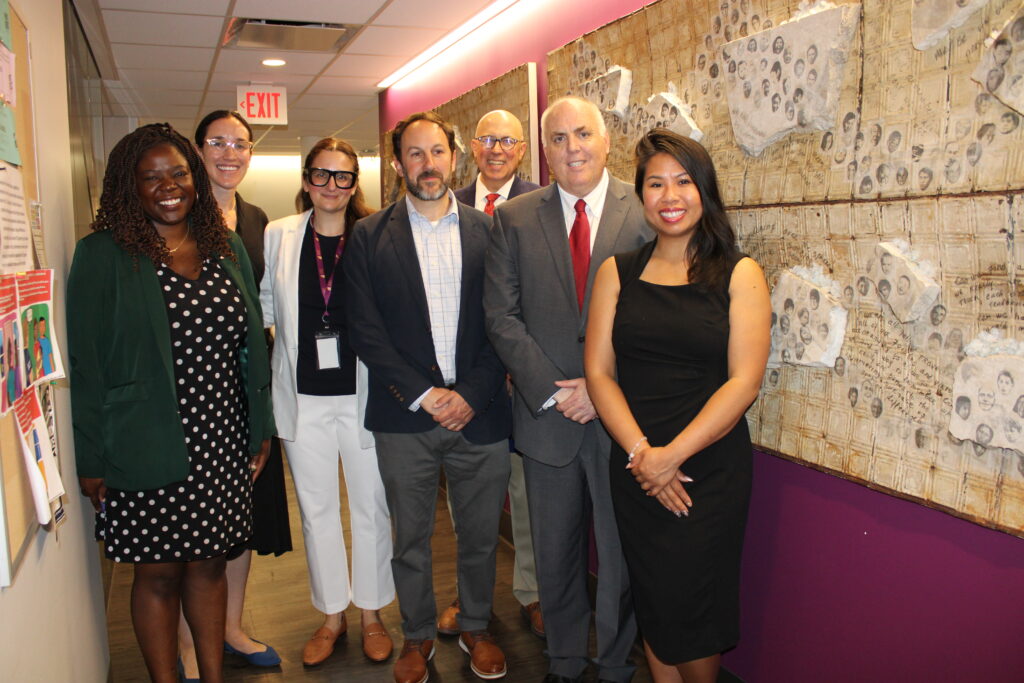
IINE regularly meets with members of Massachusetts Governor Maura Healey’s administration and with leaders in the state legislature. Our recent efforts have focused on allocating adequate funding to address the housing crisis affecting new arrivals.
IINE leads a statewide coalition of eight refugee resettlement providers, which secured $10.5 million from the state legislature in late 2023 to prevent refugee and parolee families from entering the emergency shelter system, and to help immigrant families who are currently in emergency shelters to exit quickly, safely, and permanently.
Highlighting the need for efficient shelter exiting, we successfully advocated for an additional $7 million in the Massachusetts supplemental budget adopted in April of 2024 to enable refugee and immigrant service providers to give families in shelters access to English classes, and housing and employment support.
Within the $10.5 million allocation, IINE received:
- $1,000,000 from the Massachusetts Resettlement Rehousing Program to move 50 families out from emergency shelter and into permanent housing, while providing 12 months of case management including employment support.
- $391,631 from the Massachusetts Resettlement Support Program (MRSP) to provide rental assistance and other direct support for refugees.
We are currently advocating for a $300,000 allocation in the 2025 state budget to support case management staff who refer clients to mental health providers.
IINE is also a founding member of the Massachusetts Immigrant and Refugee Advocacy Coalition (MIRA) (and IINE’s Chief Advancement Officer Xan Weber is a member of MIRA’s Advisory Council), and a contributor to many of its campaigns, including #CourageToWelcome, a social media effort sharing people’s personal reasons for welcoming refugees and immigrants to the Commonwealth.
New Hampshire: Battling anti-immigrant legislation that hurts us all
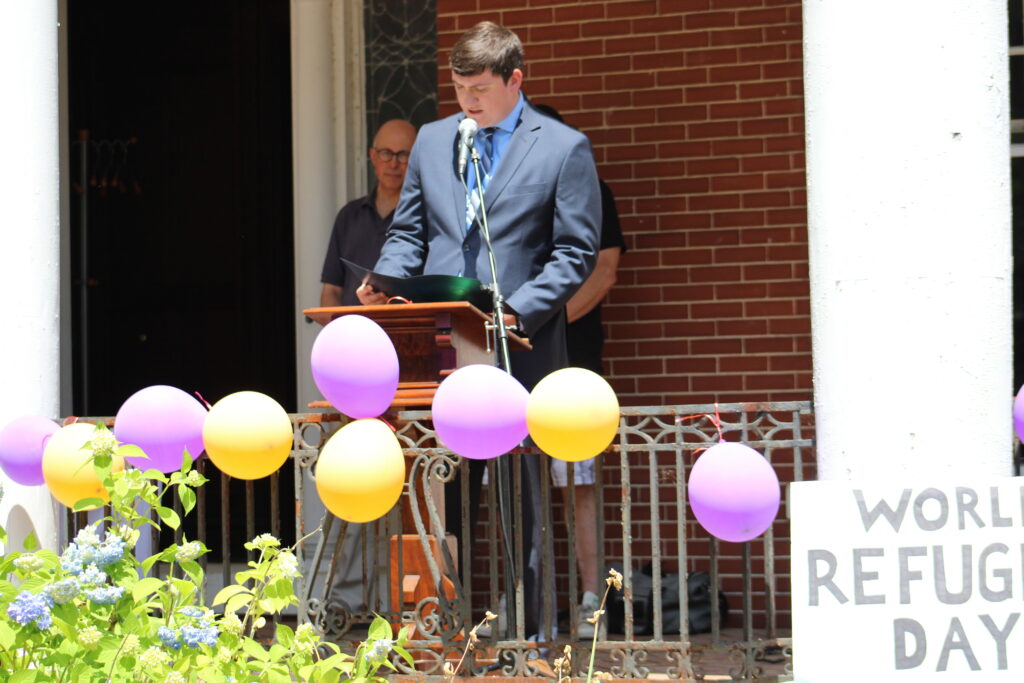
This campaign season, immigration is a hot button issue in New Hampshire and we’re seeing an increase in anti-immigrant legislation boosted by misinformation and fearmongering. IINE is working closely with local refugee and immigrant service providers and political officeholders and candidates to counter negative messaging and defeat hostile and divisive bills.
Last month IINE helped advocate for the defeat of HB 1118, which would have required “non-resident aliens” (people who don’t have a Green Card or who haven’t been in the country for 183 or more consecutive days) from securing a driver’s license. The bill would have created confusion among our clients, made it difficult for them to get to work in a state that lacks sufficient public transportation, and hindered their ability to contribute to the New Hampshire economy. It has now been “relegated for further study,” which essentially tables it indefinitely.
We’re now working against Senate Bill 358, which would make it illegal for undocumented immigrants with valid licenses in other states to drive in New Hampshire. Such legislation is discriminatory and would be devastating to many families in our care, including clients in IINE’s Unaccompanied Children’s Program
Contact your senators to speak out against Senate Bill 358.
Federal Advocacy: Pushing to expand resources and streamline processes
Our clients get much-needed support from the federal government, but we’re also feeling the strain of a federal immigration system that is under-resourced, lacks inter-agency coordination, and is often gridlocked by politics. We’re seeing laws enacted that curtail the right to apply for asylum, clients who braved impossible journeys here to escape persecution threatened with visa expirations, and the storm clouds of many proposed anti-refugee and anti-immigrant policies looming ahead. We will continue to speak out.
IINE often advocates through the national network of which we are an affiliated member, the U.S. Committee for Refugees and Immigrants (USCRI). Among other efforts, IINE has recently signed letters put forth by USCRI calling on our federal government to extend Temporary Protected Status for Haitian immigrants and other clients in our services and to create pathways to citizenship for Afghan evacuees and Ukrainians nationals.
Members of IINE’s leadership also recently traveled to Washington, D.C., meeting with a White House official, staffers of all four U.S. Senators representing Massachusetts and New Hampshire, and the senior leaders from the federal Office of Refugee Resettlement (ORR), the primary source of much of our federal funding. In eight substantive policy meetings, we had the chance to explain the challenges we’re facing and the support we need as we serve the highest number of refugees, humanitarian parolees, and unaccompanied children in our recent history.
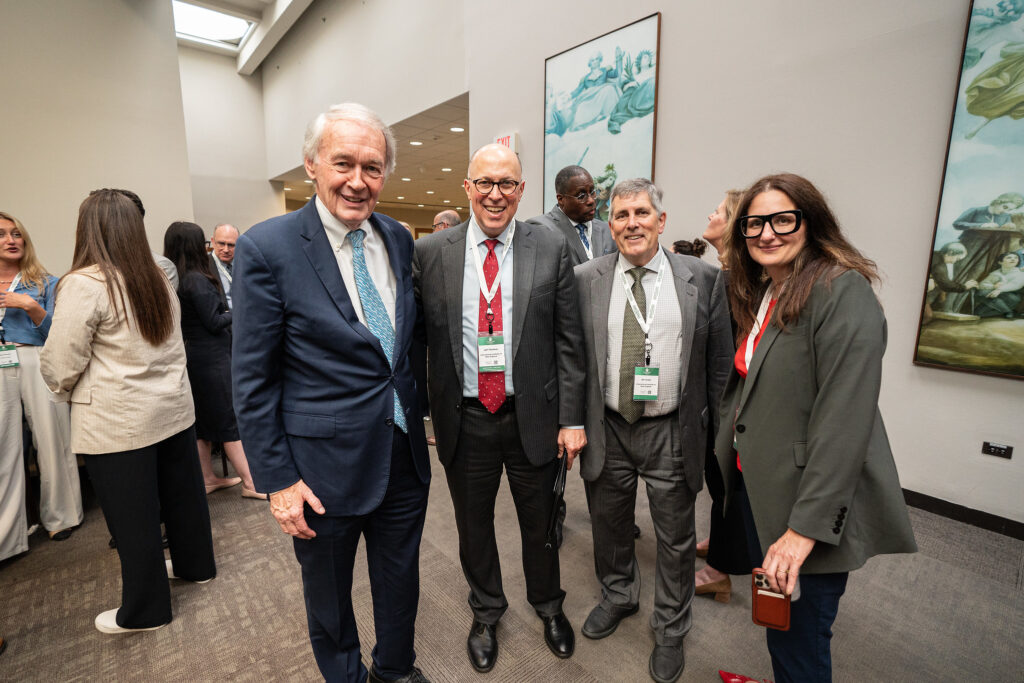
We were gratified to see our input incorporated when, shortly after our visit, Massachusetts Senators Elizabeth Warren and Ed Markey sent a letter to the Senate Appropriations Committee’s Homeland Security Subcommittee asking for a new $500 million Destination Reception Fund to provide federal support for housing, health care, workforce development, and legal assistance as new arrivals work to transition out of emergency shelters.
Advocating Together
As a supporter of IINE who shares a belief in our mission, we also need your help advocating for refugees and immigrants. Through our blog, newsletters, and social media, we will continue to help keep you informed about the perspectives of our clients, the misinformation that targets them, and policies that affect them. We need your help to spread the word in your own networks. When you support IINE you are helping to amplify immigrant voices at all levels. Thank you for all that you do.


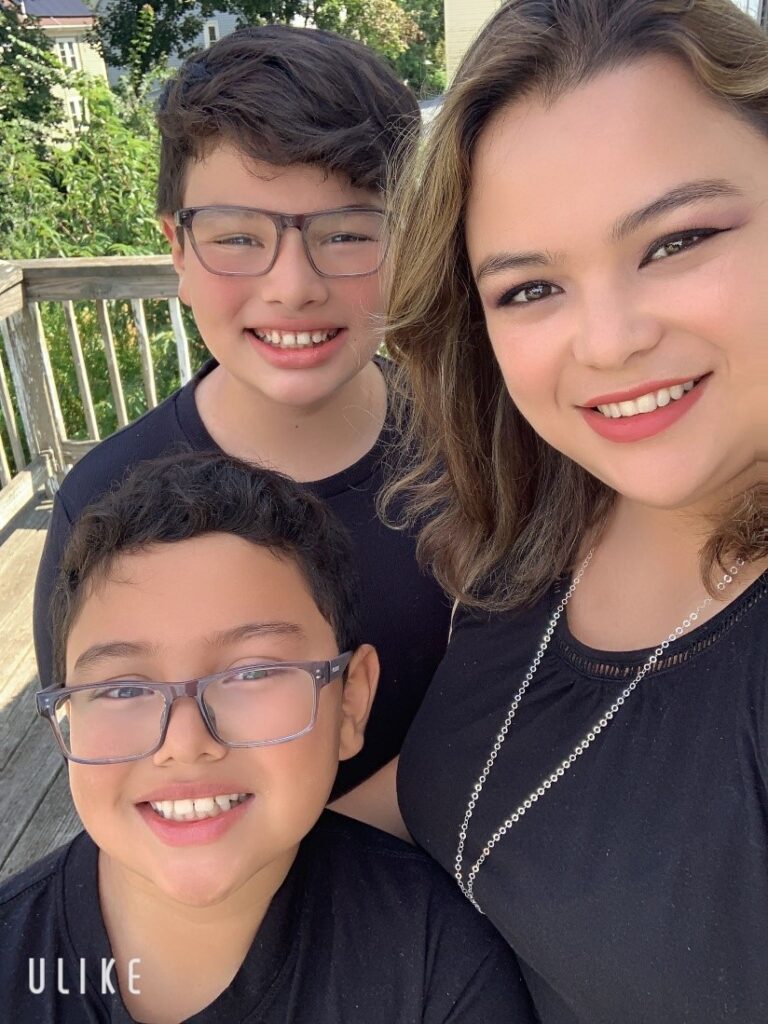



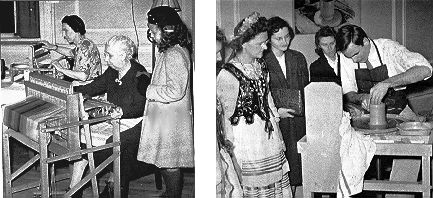
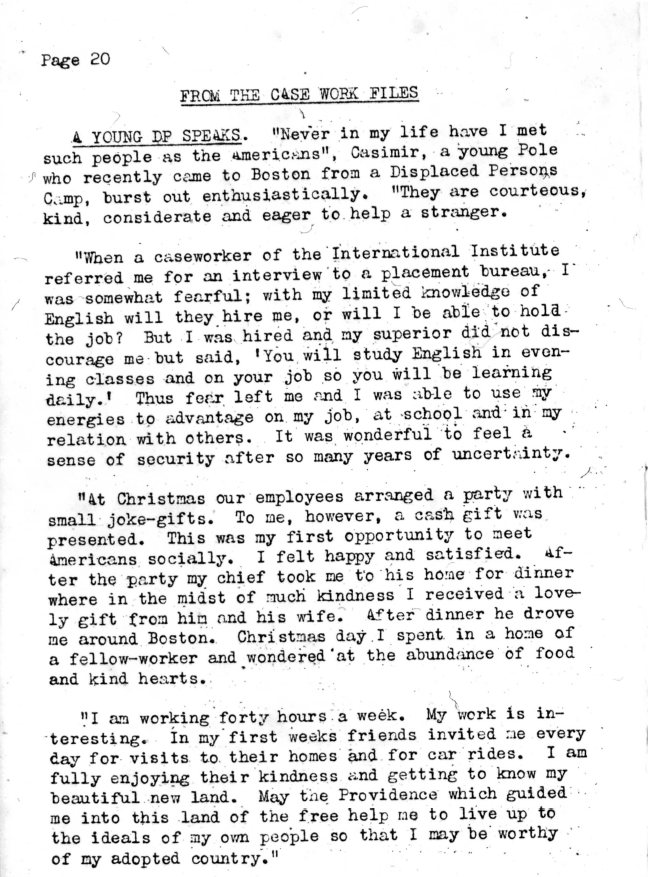


 One group of NU students was tasked with giving refugees and immigrants with little technology experience a key to accessing IINE classes and services, navigating their communities, and succeeding in the workplace: basic digital literacy.
One group of NU students was tasked with giving refugees and immigrants with little technology experience a key to accessing IINE classes and services, navigating their communities, and succeeding in the workplace: basic digital literacy. 
 We handed them out some jackets for the Boston weather. It kind of reminded me of growing up in Miami, [where it was] always like 75-80° out, and then coming to Boston, especially in the winter, it’s like 25° outside, so I think I definitely had that in mind.”
We handed them out some jackets for the Boston weather. It kind of reminded me of growing up in Miami, [where it was] always like 75-80° out, and then coming to Boston, especially in the winter, it’s like 25° outside, so I think I definitely had that in mind.”
 I came to the role with over 20 years of experience in human resources and eight years of experience in operations management. I had previously been part of the executive team at Table Talk Pies
I came to the role with over 20 years of experience in human resources and eight years of experience in operations management. I had previously been part of the executive team at Table Talk Pies


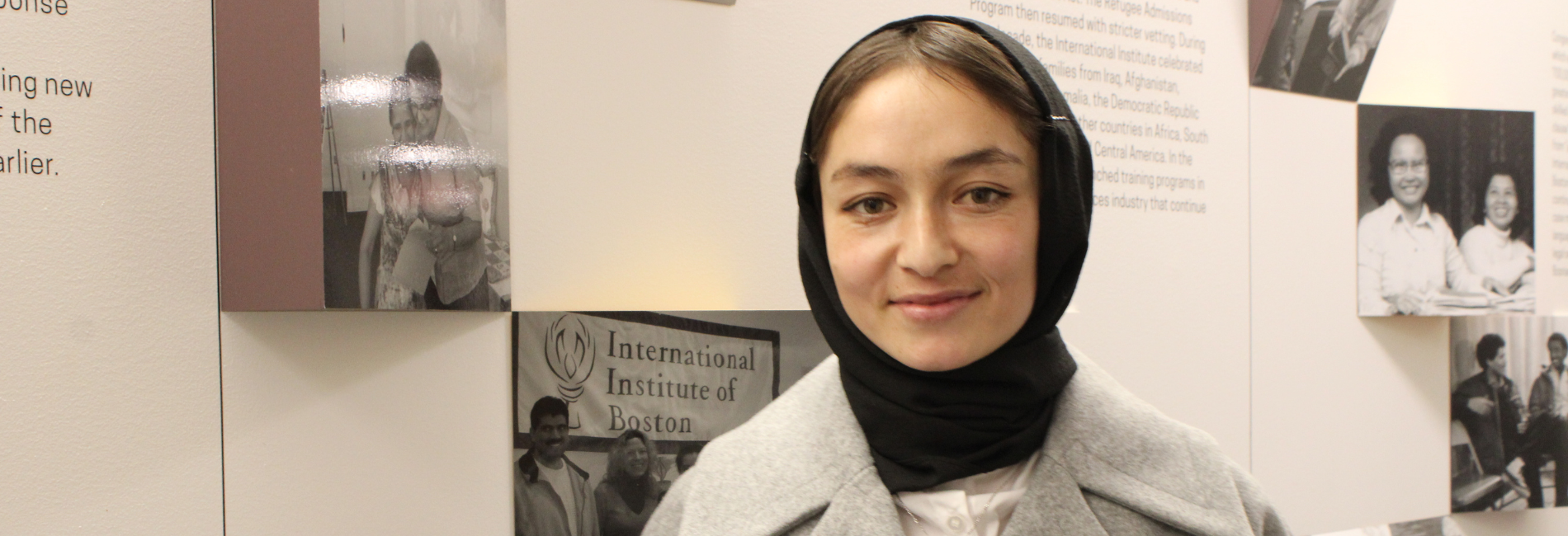
 eager to gain experience.
eager to gain experience.  Nazia did not give up. In fact, she wanted to do more. She decided to start a social support and education group for fellow women living under the Taliban, which she named “Lifesaver Girls.” It took her many tries to find an education center brave enough to host this illegal gathering, but with perseverance, she was able to convene one meeting. She felt she had to.
Nazia did not give up. In fact, she wanted to do more. She decided to start a social support and education group for fellow women living under the Taliban, which she named “Lifesaver Girls.” It took her many tries to find an education center brave enough to host this illegal gathering, but with perseverance, she was able to convene one meeting. She felt she had to.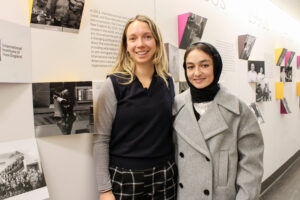
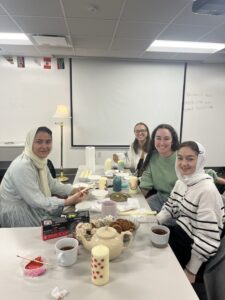


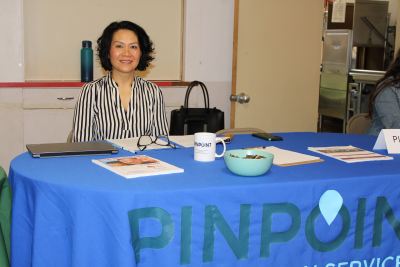

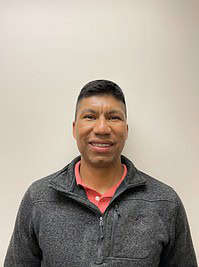










 Yusef Abdi, a long-time IINE Career Services Manager who is himself a former refugee from Somalia, first approached Kelle Doyle, WeStaff’s Area Manager, back in 2014. It didn’t take long for them to understand how they could help one another’s clients. Soon they were meeting frequently, reviewing the skills and experience of the refugees and immigrants Yusuf was working to place, matching them with job openings, and helping them fill out employment paperwork.
Yusef Abdi, a long-time IINE Career Services Manager who is himself a former refugee from Somalia, first approached Kelle Doyle, WeStaff’s Area Manager, back in 2014. It didn’t take long for them to understand how they could help one another’s clients. Soon they were meeting frequently, reviewing the skills and experience of the refugees and immigrants Yusuf was working to place, matching them with job openings, and helping them fill out employment paperwork. 
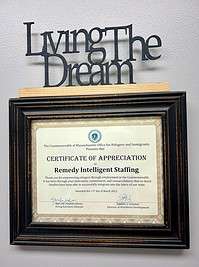

 Hotel Manager Richard Carbone helped train these and other clients and has served as a guest speaker in IINE’s hospitality skills training programs, providing insight into the industry.
Hotel Manager Richard Carbone helped train these and other clients and has served as a guest speaker in IINE’s hospitality skills training programs, providing insight into the industry.